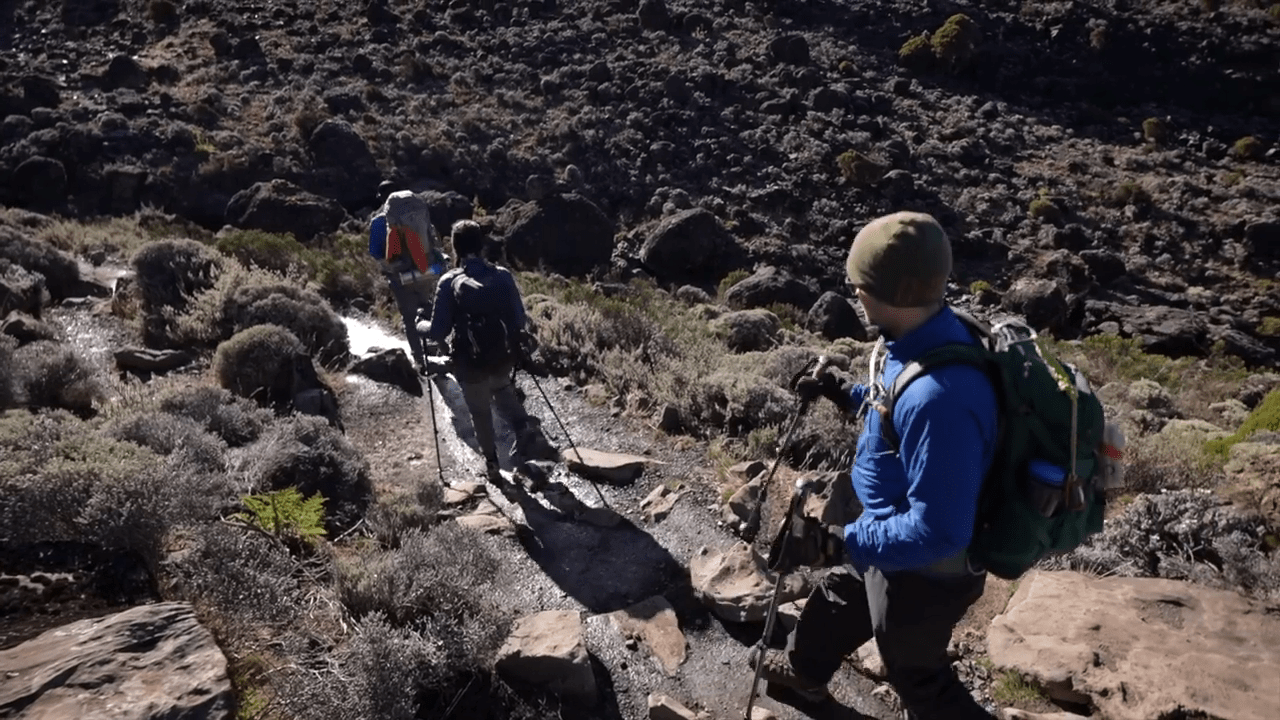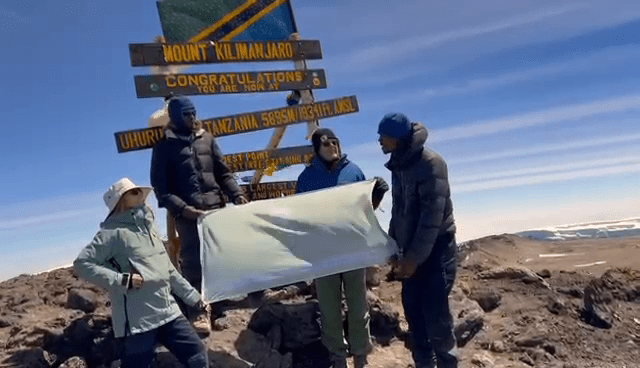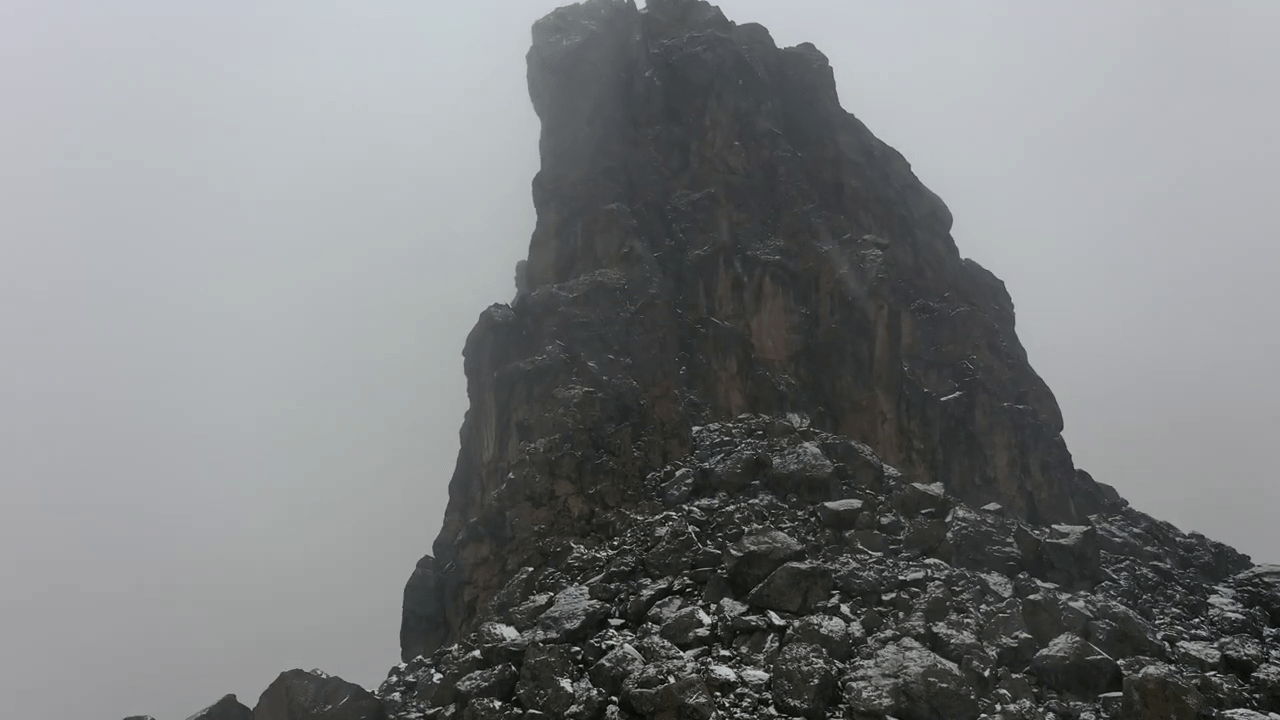Are There Any Exceptions to the Requirement of Hiring a Guide?

Introduction: Why This Question Matters to Independent Trekkers
For seasoned adventurers and solo travelers, the idea of climbing Mount Kilimanjaro without a guide can seem like the ultimate challenge. After all, many popular trekking destinations around the world allow independent hiking. So naturally, you might wonder: is Kilimanjaro any different? Are there any exceptions to Tanzania’s guide requirement?
This question comes up frequently—especially from backpackers, experienced mountaineers, and digital nomads looking to save money or gain deeper solitude. However, the rules on Kilimanjaro are clear and strict, and the consequences of misunderstanding them can be serious. In this article, we’ll unpack whether any exceptions exist, what the law says, and how the rules apply regardless of your background or experience level.
Understanding Tanzania’s Legal Mandate for Kilimanjaro Climbs
Tanzania’s National Parks Authority (TANAPA) enforces a nationwide policy requiring all trekkers on Mount Kilimanjaro to be accompanied by a licensed, certified guide. This rule applies to every route, every season, and every type of climber. Whether you’re scaling the lush Machame Route or tackling the isolated Northern Circuit, you must register with a guiding service before stepping onto the trail.
No permit is granted without a registered operator. There’s no loophole. No workarounds. The law is rooted in both safety and sustainability, and all entry gates strictly enforce this regulation.
Do Professional Mountaineers or Locals Get Exemptions?
It’s a logical assumption that elite climbers or local Tanzanians might be allowed to trek Kilimanjaro without a guide. However, this is not the case. The law applies universally—there are no exemptions for professional climbers, Tanzanian citizens, or residents of the surrounding regions.
Even guides and porters from one company must follow the rules and be registered under a licensed operator for each specific climb. Independent trekking is simply not recognized in Kilimanjaro National Park. If someone tries to convince you otherwise, they are misinformed—or worse, offering illegal services.
Group Climbs vs. Solo Climbs: Does It Affect the Rule?
Another common myth is that group climbs might offer some flexibility when it comes to guide requirements. Some believe that joining a large group means a guide isn’t required for each individual climber. But again, the law is firm.
Every group—no matter how large or small—must be led by licensed guides. These guides must carry identification, a list of climbers, and their route registration documentation. You’re not permitted to “blend in” with another group or attempt the climb under someone else’s booking. Each trekker must be properly registered, and rangers regularly check for compliance at various points on the mountain.
Misconceptions About Permits and Route Accessibility
Some misinformation online suggests that with enough money or connections, climbers can “purchase a permit” and hike without a guide. This is false. Permits are not sold directly to tourists. They are only issued through licensed tour operators like Eco-Africa Climbing, who handle all legal registration, staff employment, and fee submissions.
Additionally, every route—including Lemosho, Umbwe, and Marangu—is monitored with checkpoints and ranger stations. You can’t simply “slip in” without being noticed.
Understanding the reality of Kilimanjaro’s rules helps you plan responsibly and avoid legal trouble, unnecessary costs, or having your trek shut down mid-way.
Who Enforces the Guide Requirement on Kilimanjaro?
The enforcement of the mandatory guide requirement on Mount Kilimanjaro is primarily the responsibility of the Kilimanjaro National Park Authority (KINAPA). Established in 1991, KINAPA has implemented strict regulations to ensure the safety of climbers and the preservation of the mountain’s ecosystem. Rangers are stationed at all entry points, including popular gates like Marangu, Machame, and Londorossi, to verify that each climber is accompanied by a licensed guide. These rangers conduct thorough checks of permits and guide credentials before allowing access to the mountain. Additionally, patrols are conducted along the routes to monitor compliance and provide assistance when necessary.
Why Are There No Legal Exceptions to the Guide Requirement?
The absence of legal exceptions to the guide requirement is rooted in multiple factors aimed at ensuring climber safety, environmental conservation, and support for the local economy. Mount Kilimanjaro presents various challenges, including high altitude, unpredictable weather, and diverse terrains, which can be hazardous without proper guidance. Licensed guides are trained to manage these risks, provide first aid, and make critical decisions during emergencies. Moreover, the regulation helps in preserving the delicate alpine ecosystem by ensuring that climbers adhere to designated trails and minimize their environmental impact. Economically, the policy supports the livelihoods of thousands of Tanzanians employed as guides, porters, and support staff, thereby contributing to the local communities.
How Does the Guide Requirement Support Ethical Tourism?
Mandating the use of licensed guides promotes ethical tourism by ensuring fair labor practices and community development. Reputable tour operators, such as Eco-Africa Climbing, adhere to standards set by organizations like the Kilimanjaro Porters Assistance Project (KPAP), which advocate for the welfare of mountain crew members. These standards include fair wages, proper equipment, and reasonable working conditions. By hiring certified guides through ethical operators, climbers contribute to the well-being of local workers and the broader community. Additionally, guides serve as cultural ambassadors, educating climbers about local customs and traditions, thereby fostering mutual respect and understanding.
Eco-Africa Climbing’s Compliance and Commitment to Responsible Trekking
Eco-Africa Climbing exemplifies adherence to Tanzanian regulations and commitment to responsible trekking. As a fully licensed operator, they ensure that all climbers are accompanied by certified guides trained in first aid and high-altitude trekking. The company is a proud partner of KPAP, emphasizing ethical treatment of porters and staff. Their dedication extends to environmental conservation efforts, such as implementing Leave No Trace principles and supporting reforestation projects. By choosing Eco-Africa Climbing, adventurers not only comply with legal requirements but also support sustainable tourism practices that benefit both the environment and local communities.
Risks of Attempting to Climb Without a Guide
Attempting to climb Mount Kilimanjaro without a licensed guide is not only illegal but also poses significant risks to your safety and the environment. The mountain’s challenging terrain, unpredictable weather, and high altitude require expert navigation and acclimatization strategies. Without a guide, climbers are more susceptible to altitude sickness, getting lost, or facing emergencies without proper support.
Moreover, unauthorized climbs can lead to severe legal consequences, including fines, deportation, and being banned from future climbs. Park authorities enforce strict regulations, and rangers are stationed at various points to ensure compliance. Engaging in illegal climbing activities undermines conservation efforts and the livelihoods of local communities who depend on tourism.
Role of Guides in Safety and Environmental Conservation
Licensed guides play a crucial role in ensuring the safety of climbers and the preservation of Mount Kilimanjaro’s delicate ecosystem. They are trained to monitor climbers’ health, manage emergencies, and implement proper acclimatization schedules to prevent altitude-related illnesses.
Guides also educate climbers on responsible trekking practices, such as minimizing waste, staying on designated trails, and respecting local wildlife. Their presence helps enforce park regulations and promotes sustainable tourism that benefits both the environment and local communities.
Importance of Choosing a Reputable Operator
Selecting a reputable tour operator is essential for a safe and ethical Kilimanjaro climb. Companies like Eco-Africa Climbing adhere to strict guidelines set by organizations such as the Kilimanjaro Porters Assistance Project (KPAP), ensuring fair treatment of porters and adherence to environmental standards.
Reputable operators provide experienced guides, quality equipment, and comprehensive support throughout the climb. They also contribute to local economies by employing and training community members, supporting education initiatives, and participating in conservation projects.
Conclusion: There Are No Exceptions — And That’s a Good Thing
If you’re asking whether it’s possible to climb Mount Kilimanjaro without a guide, the answer is a definitive no. The requirement for a licensed guide applies to everyone, regardless of experience or nationality. While it might seem restrictive to some, this policy ensures climber safety, environmental conservation, and support for the Tanzanian community.
By partnering with an ethical and licensed company like Eco-Africa Climbing, you’re not only following the law—you’re embracing a journey that’s safer, more enriching, and deeply respectful of the people and place that make Kilimanjaro so special.
Frequently Asked Questions (FAQs)
Are there any legal loopholes that allow solo trekking?
No. All climbers must be accompanied by a licensed guide. Permits are issued only through registered tour operators.
Can Tanzanian citizens climb Kilimanjaro without a guide?
No. The rule applies to all climbers, including locals. Every individual must go through a licensed operator.
Can I hike with a guide I met in Tanzania instead of a tour company?
Only if the guide is part of a registered and licensed operator. Independent guiding is not recognized or legal.
Will I be fined if caught climbing without a guide?
Yes. Offenders may face heavy fines, deportation, or bans from Tanzanian parks. It’s not worth the risk.
Why is hiring a guide a good thing for climbers?
Guides increase your chances of summit success, monitor your health, provide local insights, and ensure you have a safer, more enjoyable climb.
Book Your Kilimanjaro Climb With the Experts at Eco-Africa Climbing
Choose a team that respects the rules, protects the environment, and uplifts local communities. Eco-Africa Climbing offers safe, ethical, and expertly guided treks across all major routes.
Explore our top-rated guided treks:
Ready to climb responsibly? Get your quote now or contact us for assistance.
Share:
Related Posts

bathroom on mountain kilimanjaro
Bathroom on Mountain Kilimanjaro: What to Expect and How to Prepare Introduction One of the most common — and least discussed — questions from people

Are Guides Readily Available in Tanzania Without Prior Booking?
Are Guides Readily Available in Tanzania Without Prior Booking? Introduction: Should You Risk Climbing Without Pre-Booking? Climbing Mount Kilimanjaro is a dream for many adventurers.

How Can I Find a Reliable Local Guide for My Kilimanjaro Expedition?
How Can I Find a Reliable Local Guide for My Kilimanjaro Expedition? Introduction: Why the Right Guide Is Key to Kilimanjaro Success Climbing Mount Kilimanjaro

Is Climbing Kilimanjaro Dangerous for Individuals Without Mountaineering Experience?
Is Climbing Kilimanjaro Dangerous for Individuals Without Mountaineering Experience? Introduction: The Myth of Danger and Experience Many aspiring adventurers wonder if climbing Mount Kilimanjaro is
